What “Brexit legacy + global expansion” means for UK startups
Startups in the UK face a mix of challenges and opportunities resulting from Brexit: reduced seamless access to the EU market, regulatory and talent shifts, but also a catalyst to rethink strategy, diversify markets and lean into global growth. Key dimensions:
- Market access & trade: Leaving the EU single market means additional customs, regulatory divergence, more paperwork for exporting/importing. (FasterCapital)
- Talent & immigration: The end of free movement for EU nationals means UK startups face higher friction recruiting talent from Europe, and must rely more on global remote talent, local training, or establishing subsidiaries abroad. (lingohub.com)
- Funding & investment: Some studies show UK startups saw less equity funding post‑referendum. For example, one paper finds UK startups receive 8‑9.5% less equity than pre‑Brexit.
- Regulatory & operational complexity: Data protection divergences (UK GDPR vs EU GDPR), IP registration needing two jurisdictions, dual regulatory compliance, and increased supply‑chain costs are all burdens. (Startup Pill)
- Opportunity for global pivot: Some UK startups are using the Brexit “shake” to look beyond Europe: targeting US, Asia, and other growth markets, or establishing dual‑jurisdiction presence. (kurums.com)
Case Study 1: Bunq (Dutch fintech returning to London)
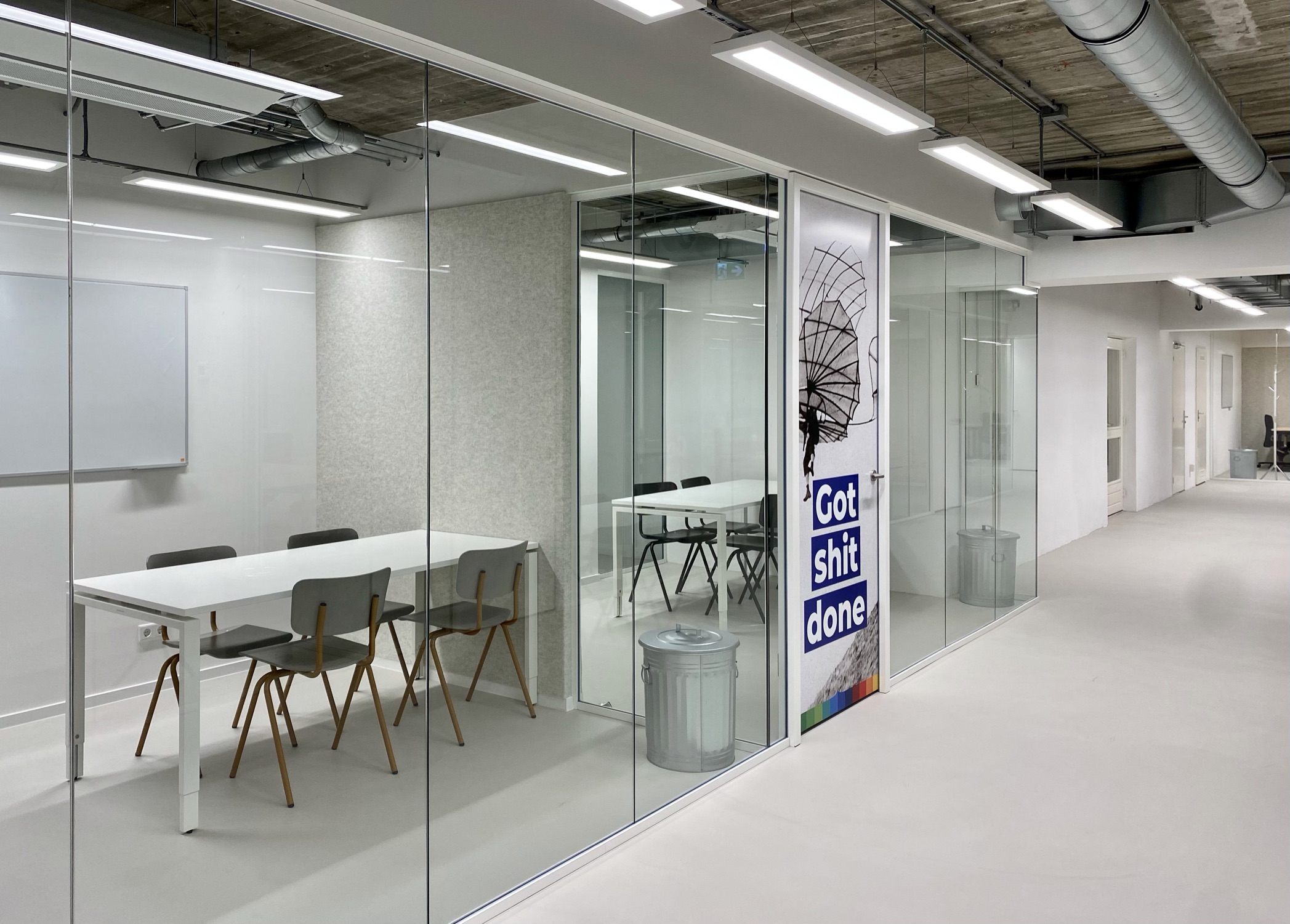
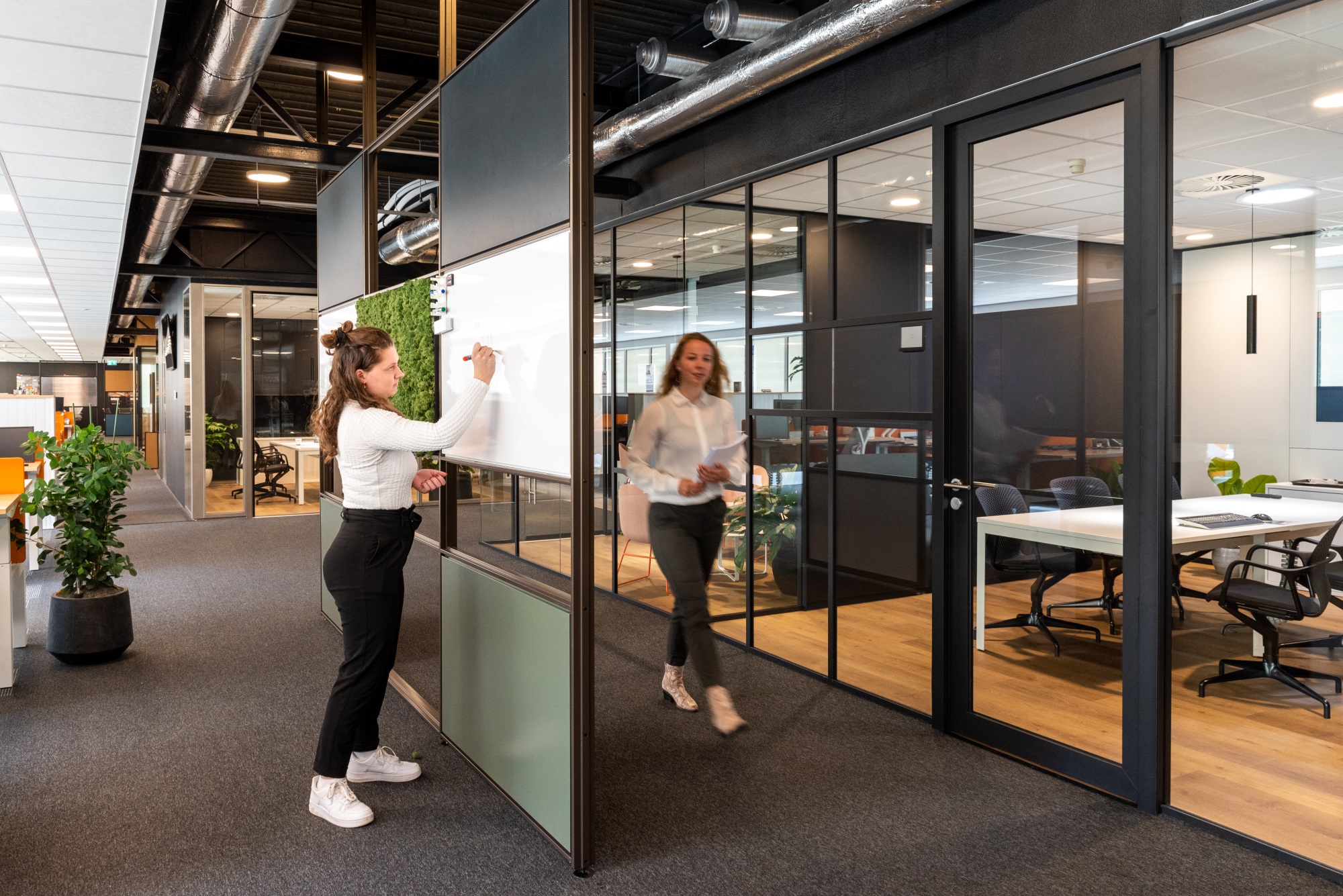




- Bunq, Amsterdam‑based digital bank, left the UK in late 2020 because of Brexit complications. (fnlondon.com)
- In April 2024, CEO Ali Niknam announced a return to London to capture the “digital nomads” segment – Brits working abroad, Europeans working in UK, multi‑jurisdiction workers. (fnlondon.com)
- They are applying for a UK e‑money institution licence with the UK’s Financial Conduct Authority (FCA) and relocating a deputy CFO to lead UK operations. (fnlondon.com)
Implications: This shows several things: the UK remains an attractive global fintech hub despite Brexit; a business that left because of regulatory/market issues is more confident to return; startups can use UK base as springboard for global expansion (digital nomads, Europe + UK).
Key message: Brexit disruption didn’t kill the UK’s appeal — it forced a pivot and the startup is leveraging dual‑market strategy.
Case Study 2: The Fold (UK women’s workwear brand)




- The Fold, founded by Polly McMaster, is a premium women’s workwear brand (UK‑based) with raw materials in Italy, production in Poland, and exports internationally. (The Times)
- McMaster describes Brexit’s impact as “excruciating” — complex origin‑of‑goods paperwork, customs, increased cost (5‑7% margin hit) as material flows crossed EU/UK boundaries. (The Times)
- The brand is shifting more focus to UK sales and physical stores rather than relying on EU exports.
Implications: Startups with supply chains or customers across the EU have had to re‑engineer operations—costs increase, margins squeezed. Some respond by focusing on domestic market or changing sourcing/manufacturing.
Key message: Brexit forces trade‑chain and operational rethinking — exporting to Europe is still possible but with added layers of cost and complexity.
Case Study 3: Diversification beyond the EU – illustrative strategy
While not a single company, analysis across startups show many UK companies are shifting from Europe‑centric to global‑first strategies: opening offices in US/Asia, treating UK as base but global as growth engine. For example, one technology firm pivoted to Asia and North America after Brexit. (kurums.com)
Implications: Startups taking Brexit as impulse to diversify markets, not just latch onto UK/EU. This opens more opportunity but also brings new challenges (global regulation, cultural/localisation, multi‑jurisdiction compliance).
Key message: The “Brexit effect” can become a springboard for expansion rather than only a hurdle — if planned strategically.
Comments & reflections
Opportunities in post‑Brexit world
- UK as global hub rather than purely European foothold: Startups can use UK base plus separate EU entity to serve both markets, allocate risk, and benefit from UK’s global trade deals.
- Supply‑chain localisation and resilience: Brexit’s disruption has forced startups to re‑evaluate supply chains, often leading to more local sourcing or near‑shoring—this can improve resilience and brand story.
- New talent sourcing models: While EU talent access is more constrained internally, global remote hiring, satellite offices abroad, and cross‑border teams offer alternate routes.
- Focus on high‑value markets: With EU becoming more complex, startups may prioritise growth‑markets (US, Asia) where UK base adds credibility.
- Regulatory arbitrage: Using UK/EU dual structures can optimise for regulation, IP, funding, and trade—startups may structure accordingly.
Ongoing challenges
- Access to EU single market still cumbersome: For physical goods, exporting to the EU still entails customs, VAT, origin‑rules, extra cost/time. The Fold example shows this.
- Talent & regulatory friction: Immigration rules, visa costs, loss of easy EU talent pool hamper hiring for scale. The UK points‑based system is more complex for startups. (WIRED)
- Funding and investor caution: Studies show UK startups receive less equity after Brexit. Investment may gravitate to entities with simpler cross‑border structure.
- Operational/administrative overhead: Compliance with UK + EU regulations for startups serving both markets increases cost and complexity. IP, data protection, trade rules all diverge somewhat.
- Need for strategy change: Startups must stop thinking “UK first then Europe” and adopt “global from day one” mindset; those who don’t may lose growth momentum.
Strategic advice for startups
- Consider dual registration: Establish UK base + EU subsidiary (e.g., Ireland, Netherlands) so you can serve both jurisdictions with minimal friction.
- Re‑evaluate supply chain: Map where materials / manufacturing are; determine whether EU origin‑rules or third‑country usage will increase costs and act accordingly.
- Talent strategy: Broaden talent sourcing globally, invest in remote/hybrid models, engage with globalised workforce. Use UK eligibility for visas but don’t rely solely on local talent.
- Market prioritisation: Don’t assume EU market access is seamless. Evaluate highest‑growth markets (US, Asia) and treat EU as one of many markets.
- Regulatory and IP planning: Budget for dual mammoth frameworks: UK regulation + EU (or other region) regulation. Protect IP in UK and EU separately if needed.
- Funding / investor communication: Be prepared to articulate how Brexit has been managed (dual‑market strategy, resilience) to reassure investors about growth in post‑Brexit world.
- Leverage UK trade deals: The UK is negotiating/has trade deals beyond the EU—use these advantages to reach new markets, not just rely on traditional EU ties.
Final takeaway
For UK startups, Brexit is neither only threat nor only opportunity — it’s a pivot point. The legacy of Brexit means more complexity (talent, trade, regulation) but also forces startups to adopt global‑first mindsets, diversify markets and rethink operations. The startups that treat Brexit as an impetus for transformation (rather than an excuse for retreat) are likely to come out stronger.
Here are three detailed case‑studies of UK startups navigating the legacy of Brexit and expanding globally — followed by commentary on what lessons emerge for the wider startup ecosystem.
Case Study 1: The Fold (UK women’s workwear brand)

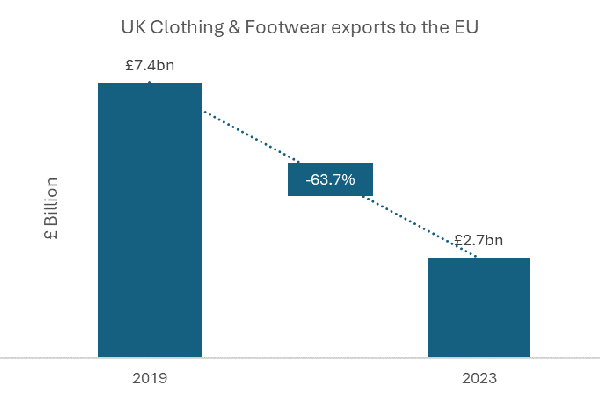




Background
Founded by Polly McMaster, The Fold is a premium women’s workwear brand based in the UK whose design‑and‑manufacture pipeline spans Italy (raw materials) → Poland (stitching) → UK (distribution). The company sold internationally, with the bulk of its sales outside the UK. (The Times)
Brexit‑related challenges
- Post‑Brexit customs and origin‑of‑goods documentation became more burdensome, leading to increased cost and complexity in the supply chain. McMaster described the situation as “excruciating”. (The Times)
- Margins were squeezed (“5‑7 % margin hit”) and the company spent “hundreds of thousands” on consultants to adapt to new rules. (The Times)
Pivot / response - The business shifted more focus to UK and physical retail presence (opening a store in London’s Square Mile) rather than relying solely on EU and export sales. (The Times)
Take‑away
This case shows how Brexit’s trade/operational friction forces startups with cross‑border supply chains to restructure: realigning sourcing, shifting market focus, absorbing cost overheads and rethinking growth strategy. For startups built on exports or EU‑supply lines, adaptation is necessary rather than optimism alone.
Case Study 2: Monster Group (UK e‑commerce & logistics)
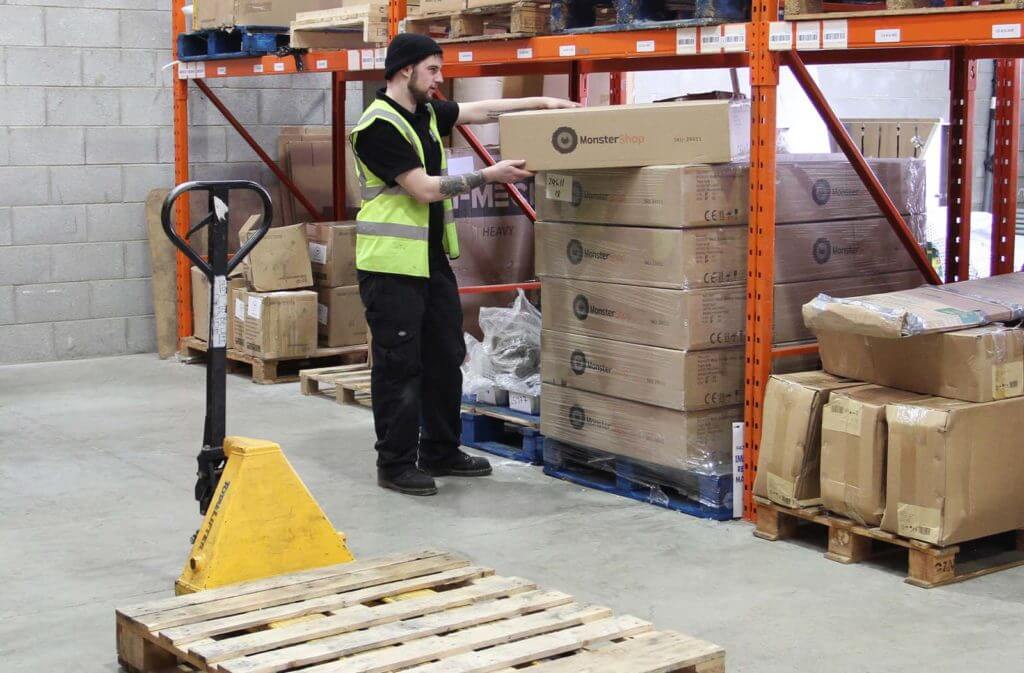





Background
Founded by Rana Harvey, Monster Group (formerly Dazzling Dummies) is a UK‑based company selling storage solutions, kitchen equipment, shelving and more, with a strong European customer base. (The Times)
Brexit‑related strategy
- Anticipating Brexit risks, in 2019 they opened a warehouse in the Netherlands (20,000 sq ft) as a “insurance policy”. (The Times)
- Post‑Brexit, the Dutch warehouse scaled to 85,000 sq ft, enabling continuity of EU operations while the UK base focused on other markets. Harvey commented: “I wish we didn’t have to do it… But that’s not going to happen.” (The Times)
Take‑away
This case underlines proactive strategic planning: setting up an EU footprint ahead of full Brexit implementation to preserve market access and supply‑chain resilience. For startups exporting to the EU, setting up a local hub can make the difference between continuity and disruption.
Case Study 3: Chilli Mash (UK–Rwanda food brand)



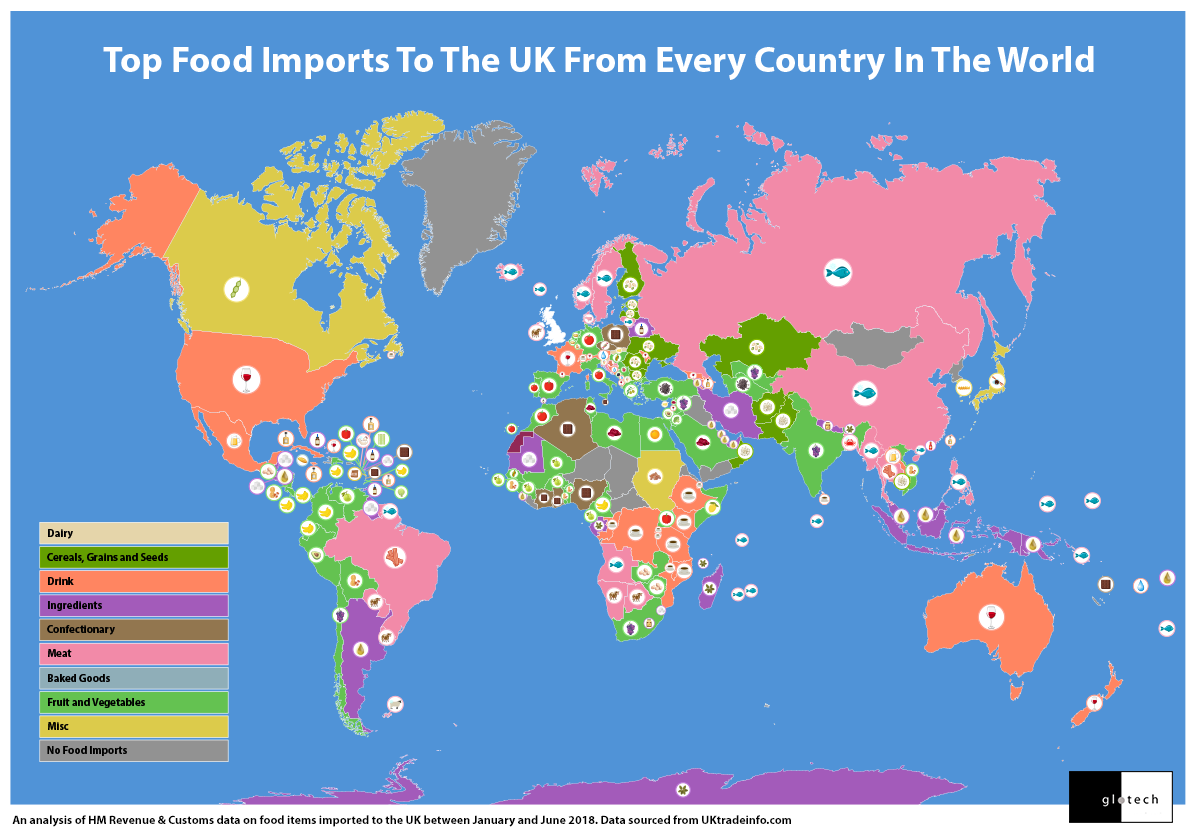


Background
Founded by Stephanie Kayirangwa and Natt Boarer, Chilli Mash is a UK‑based food brand processing Rwandan ingredients, exporting into Europe (Belgium) and beyond. (The Times)
Brexit‑global expansion interplay
- Though Brexit added complexity (customs, VAT, regulatory issues), the company secured an £11 million contract over five years with Belgian supermarket chain Delhaize, aided by UK government trade advisers. (The Times)
- They also plan further expansion beyond Europe (Thailand, Dubai) – showing a global‑first mindset rather than solely EU‑centric. (The Times)
Take‑away
Even though Brexit added friction, this startup leveraged UK trade support, global supply chains (Rwanda + UK) and a growth mindset beyond Europe to succeed. This illustrates how Brexit need not limit expansion — global diversification can mitigate regional trade shocks.
Commentary: What these cases tell us
Strategic lessons
- Anticipation and setup matter: The Monster Group warehouse in the Netherlands is a strong example of early planning paying off. Setting up an EU hub ahead of full Brexit rules enabled business continuity.
- Supply‑chain rethinking: The Fold’s shift shows supply chains spanning multiple countries now must adapt to increased paperwork, cost and origin rules. Startups should map and stress‑test their supply chains.
- Global diversification: Chilli Mash exemplifies the move from “UK → EU” to “UK → Global (EU + Asia + Middle East)”. Startups should not rely solely on the EU as a growth market.
- Use trade/support programmes: Government trade advice and export support remain relevant (as in Chilli Mash). Startups should tap those supports.
- Dual‑market or dual‑entity structures: Some tech startups (e.g., as noted in other sources) have split UK base + EU subsidiary to service both markets seamlessly. (TNW | The heart of tech)
Challenges to watch
- Administrative overhead: Brexit introduced dual regulation, customs, VAT, cross‑border compliance which raises cost and operational complexity.
- Talent & immigration: Startups reliant on EU talent face new visa regimes and may need to broaden talent sourcing globally. (computerworld.com)
- Cost of maintaining multiple footholds: Setting up EU entities or warehouses involves capital and management overhead (Monster Group case).
- Competitive positioning: Cities like Berlin, Amsterdam and Paris are increasingly attracting startups — the UK must maintain global appeal. (Sifted)
Strategic advice for founders
- Map your markets early: Identify your growth markets beyond the UK and EU; evaluate whether you need physical presence, partners, or local entities.
- Audit supply chains and regulation: Check how Brexit has changed your inputs/exports (customs, origin rules, tariffs) and restructure if needed.
- Consider EU‑based entity if you serve EU customers: To maintain service continuity and ease regulatory/trade friction.
- Think global first, not UK centric: Use the UK base as part of a broader international strategy rather than sole focus.
- Leverage support networks: Government export/trade services, advisors, incubators can help navigate new post‑Brexit terrain.
- Invest in talent strategy: Be ready for changes in immigration and talent access; consider global recruitment, remote teams.
Final summary
Startups navigating the legacy of Brexit are doing so not by retrenching but by adapting and expanding — the ones that thrive adopt proactive strategies: dual‑market structures, supply‑chain resilience, global diversification and leveraging support channels. The UK remains a viable base, but the rules of growth have shifted: modern startup strategy is less “UK → Europe” and more “UK & Europe & global”.
